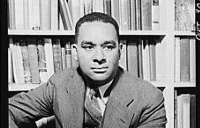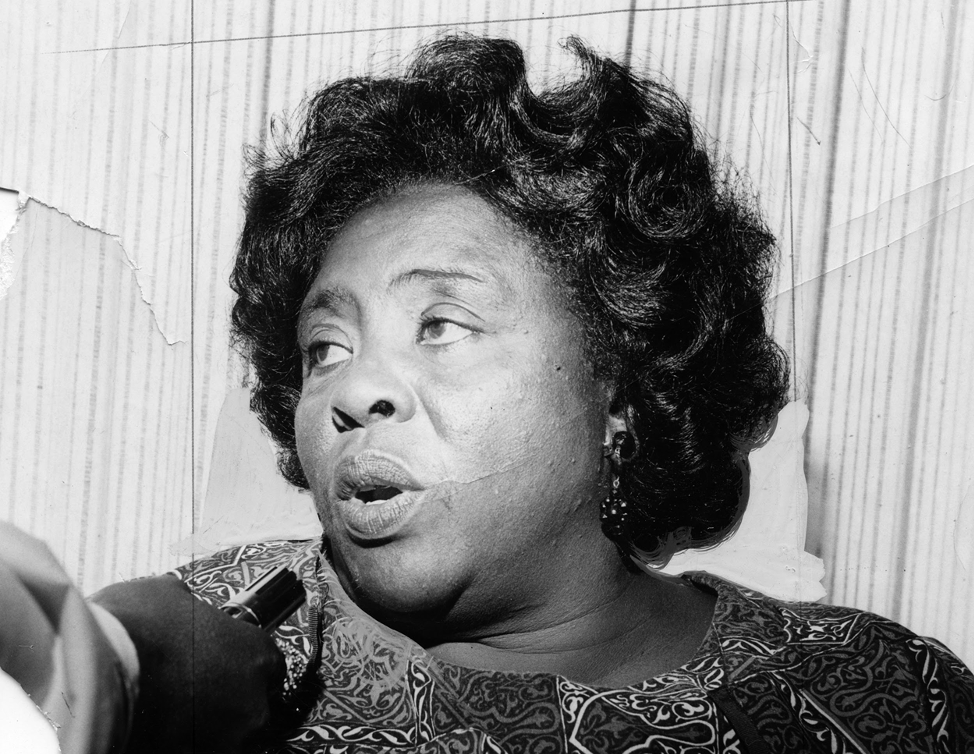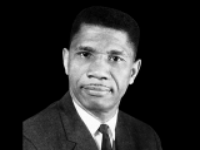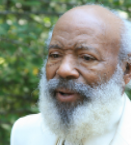
By Edelia J. Carthan, Ed.D.,
Editor,
Mississippi, a state with a deep and complex history, has been home to many influential African-American leaders who have made significant contributions to civil rights, politics, education and the arts. Among these remarkable individuals, five stand out for their enduring impact and the trails they blazed for future generations. This article shines a spotlight on their achievements, starting with Robert Walker, the first black mayor of Vicksburg, and exploring the lives and legacies of four other notable figures.
Robert Walker: A Trailblazer in Politics

The election of Robert Walker as the first Black mayor of Vicksburg in 1988 represented a significant turning point in the political history of Mississippi. His ascension to this key role was not just a personal achievement but a landmark event that highlighted the evolving dynamics of racial equality and public leadership within the state. Walker’s unwavering commitment to serving his community and advocating for equal rights played a pivotal role in driving forward initiatives aimed at bridging racial divides and nurturing the growth of the community he served. His tenure as mayor not only signified a leap toward overcoming racial barriers but also established a foundation upon which other African American leaders in Mississippi could build. Beyond breaking political ground, Walker also distinguished himself in academia as the first Black recipient of a Master’s Degree from the University of Mississippi, further cementing his legacy as a trailblazer in both education and politics.
Fannie Lou Hamer: Voice of the Civil Rights Movement

Fannie Lou Hamer rose from humble beginnings in the Mississippi Delta to become a towering figure in the civil rights movement. Known for her powerful speeches and unyielding determination, Hamer’s activism was crucial in the struggle for voting rights and racial equality. Her famous phrase, “I’m sick and tired of being sick and tired,” echoed the sentiments of countless African Americans fighting for justice. Hamer’s legacy is a testament to the power of individual courage in the face of systemic oppression.
Medgar Evers: A Martyr for Justice

As the first field secretary of the NAACP in Mississippi, Medgar Evers dedicated his life to dismantling Jim Crow laws and promoting civil rights. His assassination in 1963 by a white supremacist shocked the nation and galvanized the civil rights movement. Evers’ work laid the foundation for significant legislative changes, including the Civil Rights Act of 1964. His death remains a poignant reminder of the cost of the fight for equality and justice.
James Meredith: Breaking Educational Barriers

James Meredith made history in 1962 as the first African American to enroll at the University of Mississippi, an event that required federal intervention to overcome violent opposition. Meredith’s courage and perseverance in the face of extreme hostility paved the way for the integration of higher education in the South. His actions not only challenged systemic racism but also inspired a generation to fight for their rights and aspirations.
Richard Wright: A Literary Giant

Richard Wright, born on a plantation near Roxie, Mississippi, emerged as one of the most important African-American writers of the 20th century. His works, including the seminal novels “Native Son” and “Black Boy,” explore the complexities of race, class and identity in America. Wright’s powerful storytelling and incisive critique of societal injustices offered a voice to the voiceless and challenged readers to confront the realities of racism.
These five figures from Mississippi embody the resilience, courage and determination that have driven the struggle for equality and justice in America. Their contributions extend far beyond the borders of their state, leaving a lasting impact on the nation’s history and continuing to inspire future generations to pursue a more equitable and just society.

Be the first to comment